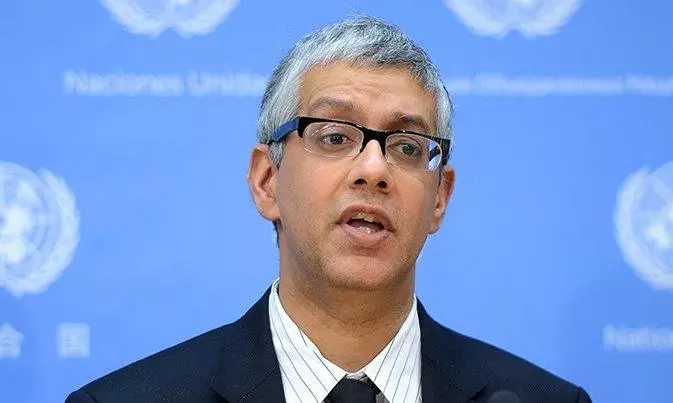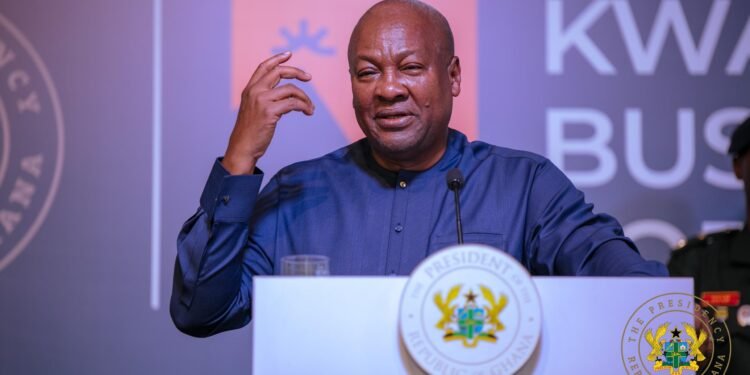The initial round of US-led peace talks, aiming to address Sudan’s escalating conflict, concluded in Geneva without the presence of the country’s military and uncertain participation from the other warring faction.
This diplomatic effort takes place as Sudan endures one of the most severe humanitarian crises globally. The absence of military representatives raises concerns about the prospects for meaningful dialogue and resolution.
The conflict in Sudan, which erupted in April last year, has plunged the northeastern African nation into chaos.
Tensions between the Sudanese military and the paramilitary Rapid Support Forces (RSF) escalated into full-blown warfare, beginning in the capital, Khartoum, and rapidly spreading across the country.
The violence has resulted in thousands of deaths and displaced millions, with the crisis showing no signs of abating.
Diplomats from Saudi Arabia, Egypt, the United Arab Emirates, the African Union, and the United Nations attended the Geneva talks.
However, the absence of Sudan’s military and the unclear participation of the RSF, the two main belligerents, cast a shadow over the proceedings.
Despite these challenges, a joint statement was issued by the United States, Switzerland, Saudi Arabia, Egypt, the UAE, the African Union, and the United Nations, emphasizing their commitment to supporting humanitarian access and the cessation of hostilities.
The statement was shared on social media by US Special Envoy for Sudan Tom Perriello, who posted photos of the day’s discussions.
The Rapid Support Forces, a paramilitary group with roots in the Janjaweed militia, formed under former Sudanese President Omar al-Bashir, did not visibly participate in the talks.
Al-Bashir, who ruled Sudan for three decades, was ousted during a popular uprising in 2019 and is wanted by the International Criminal Court on charges of genocide and other crimes related to the Darfur conflict in the 2000s.
While the RSF claimed its delegation had arrived in Switzerland, a spokesperson declined to comment on their involvement in the Geneva talks or the presence of their delegation.
The absence of Sudan’s military from the talks is a significant setback, as officials continue to urge all parties to engage in the negotiations.
Military’s Refusal Complicates Peace Negotiations
UN deputy spokesman Farhan Haq expressed the need for inclusive participation, stating, “Obviously, we would want to see all sides participate so that the talks can be as successful as possible.”

However, Sudan’s military leader, Gen. Abdel-Fattah Burhan, has remained steadfast in his refusal to engage in cease-fire discussions until the RSF ceases its occupation of civilian homes.
Burhan accused the RSF of “falsely claiming peace” while continuing to commit acts of war.
In a speech marking the founding of Sudan’s national military, Burhan declared, “There is no peace while the rebel militia occupies our homes, cities, and villages and besieges them. There is no cessation of hostilities without the withdrawal and exit of up to the last militia from the cities and villages that they have plundered and colonized.”
The conflict in Sudan has wrought devastation on the country, with atrocities including mass rape and ethnically motivated killings, which international rights groups and the UN have condemned as war crimes and crimes against humanity.
The violence has also led to the world’s largest displacement crisis, with over 10.7 million people forced to flee their homes, according to the International Organization for Migration. Of these, more than 2 million have sought refuge in neighboring countries.
In Darfur, the situation is dire, with global experts confirming that famine has taken hold in a massive camp for displaced people.
The Famine Review Committee has warned that 25.6 million people, more than half of Sudan’s population, will face acute hunger as the conflict drags on.
As diplomatic efforts continue in Geneva, the path to peace in Sudan remains fraught with obstacles. The absence of key players and ongoing hostilities highlight the immense challenges facing those working to resolve one of the world’s most devastating conflicts.
READ ALSO: Public Urged to Avoid Unregulated Online Lending Apps



















